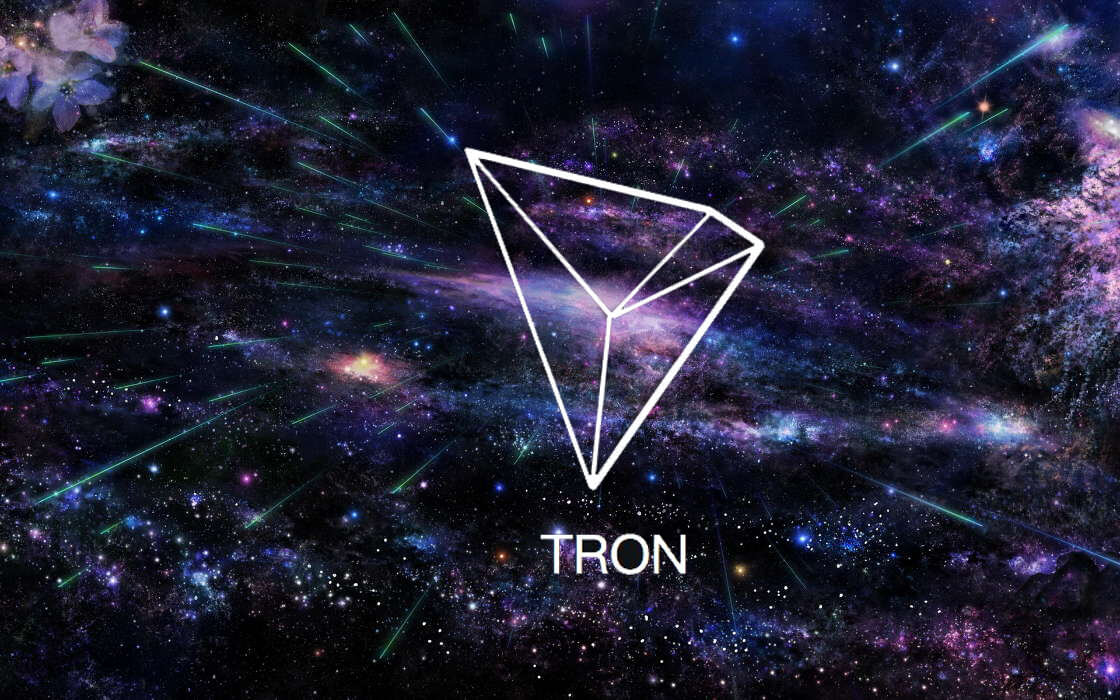Tron Outpaces Bitcoin and Ethereum in Q3 Revenue Growth
03.10.2024 9:30 1 min. read Alexander Stefanov
Tron recorded an impressive $566 million in revenue for the third quarter, surpassing major players like Ethereum, Solana, and Bitcoin.
This marks a 43% growth from the previous quarter and a total revenue of $1.66 billion over the past year, reflecting a 113% year-on-year increase. Data from Token Terminal shows Tron outperformed its competitors, with third-quarter earnings more than double Ethereum’s $253 million, five times higher than Solana’s $105 million, and nine times greater than Bitcoin’s $57 million.
Founder Justin Sun expressed optimism about continued growth in Q4. Tron’s surge in revenue is largely attributed to its stablecoin activity and the growing memecoin sector.
According to DeFiLlama, Tron ranks as the second-largest blockchain for stablecoins, holding 34.8% of the market share and supplying $59.8 billion in stablecoins, mainly USDT, which makes up 98.3% of Tron’s stablecoin supply.
Tron’s low fees and fast transactions have driven its popularity, especially in emerging markets like Nigeria and Argentina, where users rely on stablecoins to shield themselves from volatile local currencies.
The network has also gained traction with the launch of SunPump, a memecoin launchpad that has fueled activity. Daily transactions on Tron now exceed 8 million, with rising transaction fees, increasing from around 20 cents to $1 in recent years, further boosting the network’s revenue.
-
1
Binance Could Introduce Golden Visa Option for BNB Investors Inspired by TON
07.07.2025 8:00 1 min. read -
2
Weekly Recap: Key Shifts and Milestones Across the Crypto Ecosystem
06.07.2025 17:00 4 min. read -
3
Trump Imposes 50% Tariff on Brazil: Political Tensions and Censorship at the Center
10.07.2025 7:00 2 min. read -
4
Key Crypto Events to Watch in the Next Months
20.07.2025 22:00 2 min. read -
5
USA Imposes Tariffs on Multiple Countries: How the Crypto Market Could React
08.07.2025 8:30 2 min. read
Robert Kiyosaki Warns: ETFs Aren’t The Real Thing
Renowned author and financial educator Robert Kiyosaki has issued a word of caution to everyday investors relying too heavily on exchange-traded funds (ETFs).
Bitwise CIO: The Four-Year Crypto Cycle is Breaking Down
The classic four-year crypto market cycle—long driven by Bitcoin halvings and boom-bust investor behavior—is losing relevance, according to Bitwise CIO Matt Hougan.
Strategy to Raise Another $2.47 Billion for Bitcoin Acquisition
Strategy the company formerly known as MicroStrategy, has announced the pricing of a new $2.47 billion capital raise through its initial public offering of Variable Rate Series A Perpetual Stretch Preferred Stock (STRC).
AI Becomes Gen Z’s Secret Weapon for Crypto Trading
A new report from MEXC reveals a striking generational shift in crypto trading behavior: Gen Z traders are rapidly embracing AI tools as core components of their strategy.
-
1
Binance Could Introduce Golden Visa Option for BNB Investors Inspired by TON
07.07.2025 8:00 1 min. read -
2
Weekly Recap: Key Shifts and Milestones Across the Crypto Ecosystem
06.07.2025 17:00 4 min. read -
3
Trump Imposes 50% Tariff on Brazil: Political Tensions and Censorship at the Center
10.07.2025 7:00 2 min. read -
4
Key Crypto Events to Watch in the Next Months
20.07.2025 22:00 2 min. read -
5
USA Imposes Tariffs on Multiple Countries: How the Crypto Market Could React
08.07.2025 8:30 2 min. read


